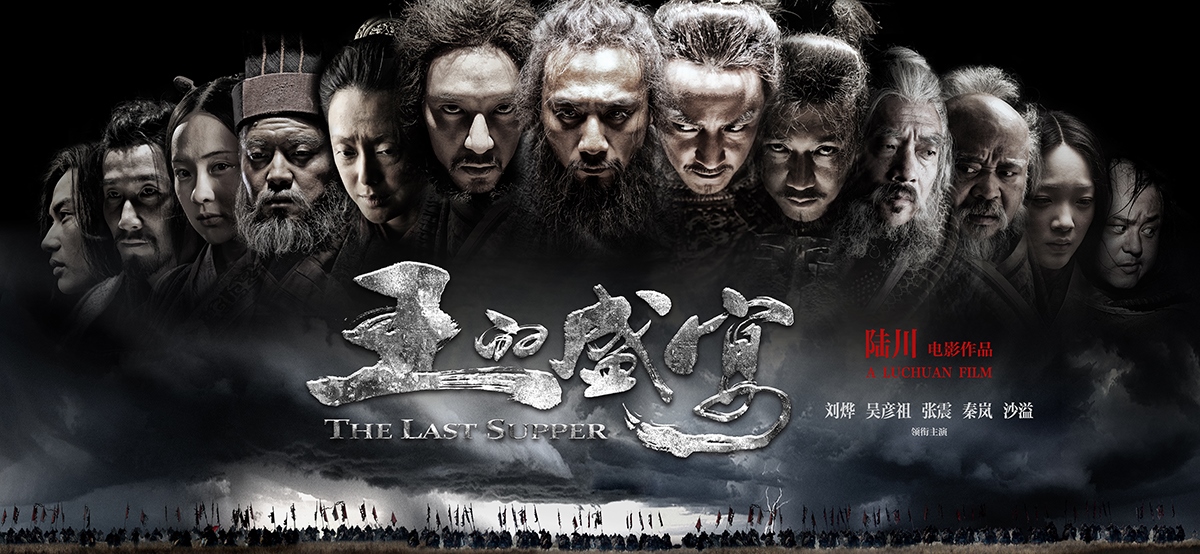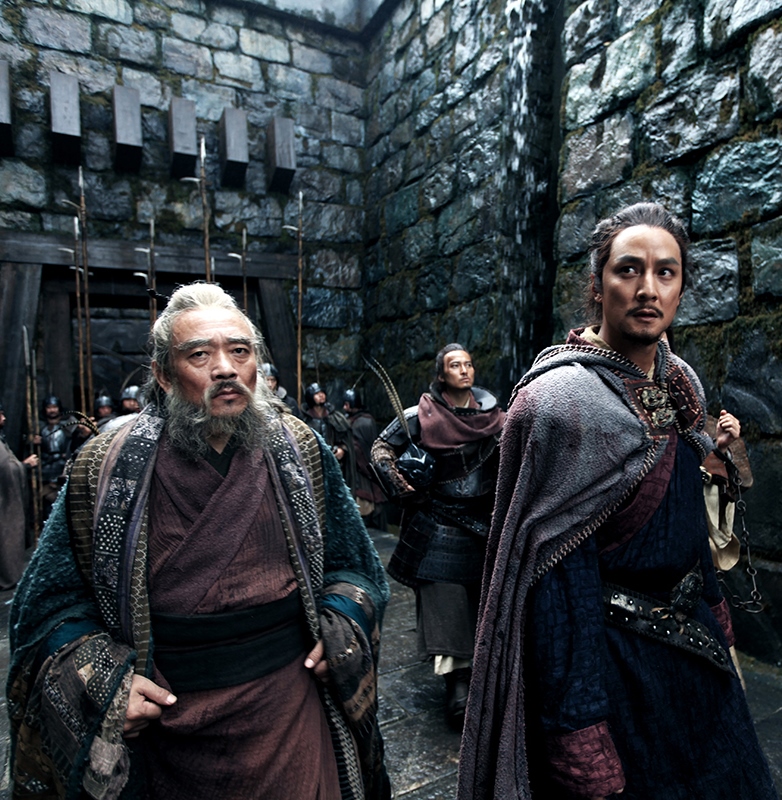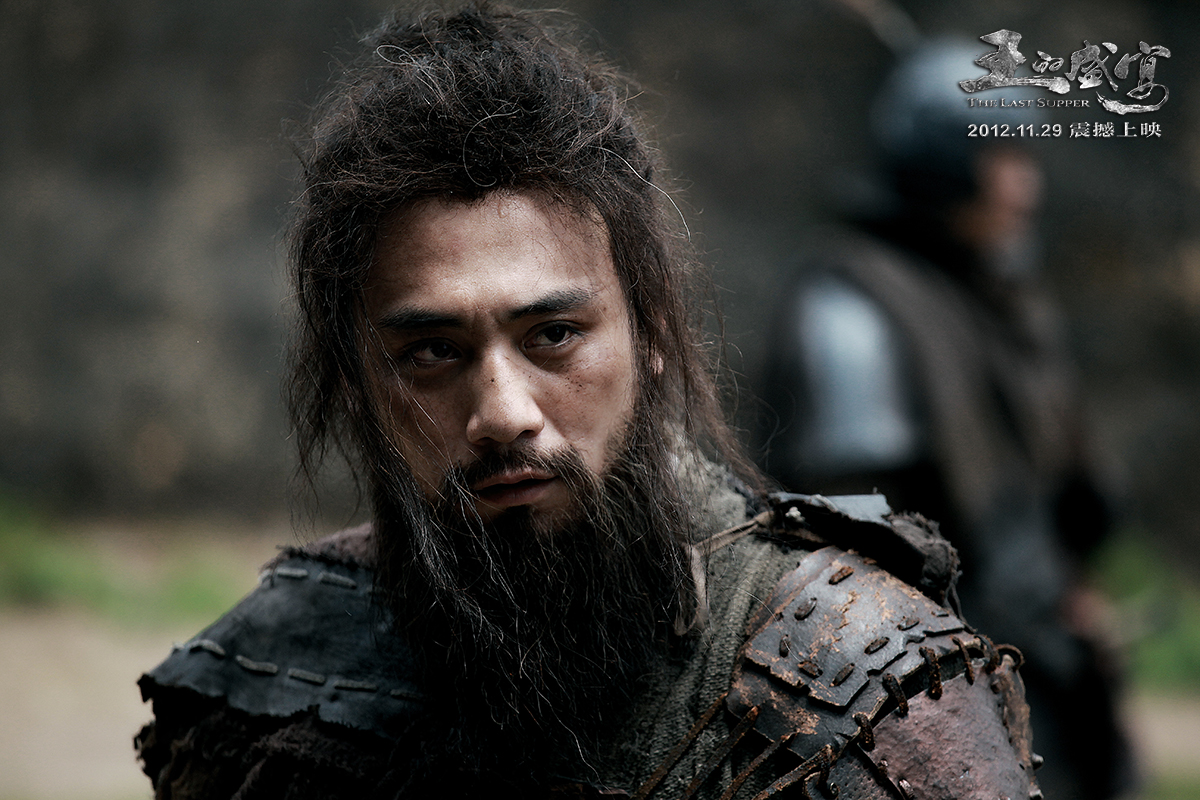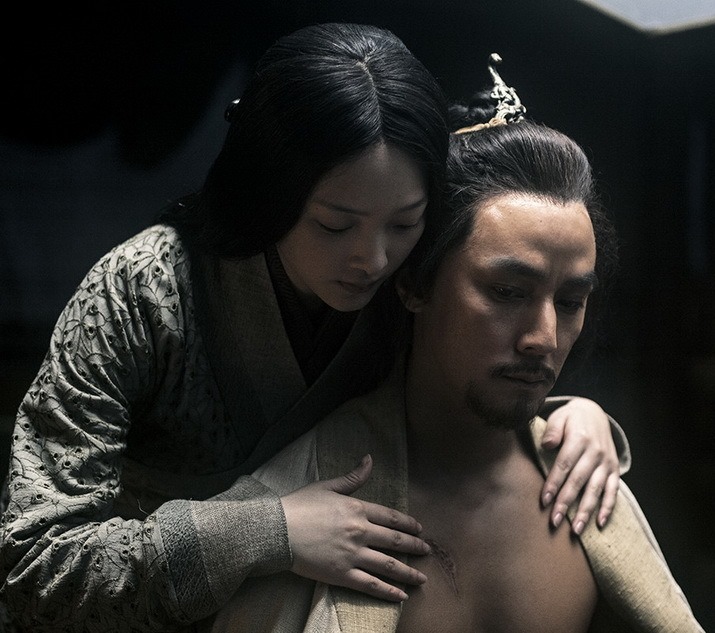By Michelle Xia
Taking the viewers back in time into the intricacies of Chinese history, the movie “The Last Supper” (王的盛宴) is about a noble townsman’s rise to the throne, the first of the Han Dynasty. This thrilling and suspenseful cultural film presents themes of guilt, second chances, and revenge.
Just as Emperor Liu was on his deathbed, his mind was infested with the guilt he felt through different happenings in his life. Two of which stood out the most: Lord Yu and General Xin. Lord Yu, the leader who changed Chinese customs by appointing sections of the land to different trusted soldiers and friends to inspire individuality.
Liu was appointed to rule the Pei County. Though his greed for power and ultimate ruling led him to rebel against Yu’s army, justifying his actions with his words, “Kings are made, not born!” With the guidance of his close companions and General Xin, Liu was able to succeed in his conquest by killing Yu and became the first emperor of the Han Dynasty.
Liu’s second dissatisfaction lied within General Xin, whom he had trusted in the past. With the idea that Xin was plotting against Liu, Liu was quickly reminded of the parallelism in actions between Xin and himself. In fear of Xin’s ability and power, Liu and his wife killed every one who was supposed to be on Xin’s plan of rebellion, not offering the second chance Yu offered to Xin in the past.
Liu narrated the short story, as he takes the viewers to parts in his life through flashbacks and distinctive sounds. One of the haunting memories was the Xin’s soldiers’ roaring laugh at the event where Liu first met Xin. The Director, Lu Chuan, successfully captured the classic and tragic happenings during that period of China through his depiction of fight for the throne.
“The Last Supper” was premiered at the Toronto International Film Festival on 8 September 2012. Then it was chosen by the New York Asian Film Festival and was shown in Lincoln Center Theaters on July 7th 2013.




Leave a Reply